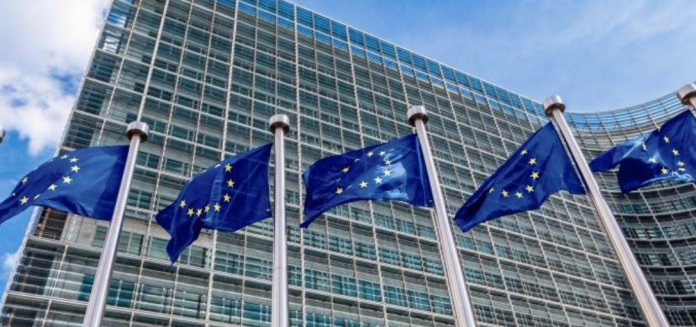The EU has identified a need for its member states to strengthen protections against VAT fraud, introducing new transparency laws this month.
Coming into force on New Year’s Day, the rules will provide EU member state tax administration authorities with payment information from banks, e-money institutions, payment institutions and post office giro services, to better detect VAT fraud.
E-commerce is a particular area of focus for the political bloc. The EU asserts that online merchants without a presence in its member states are able to conduct transactions and business whilst avoiding VAT tax.
“These new rules will play a crucial role in the fight against VAT fraud, which costs EU governments billions in lost revenues every year,” said Paolo Gentiloni, EU Commissioner for Economy.
“By harnessing the information collected by payment service providers such as banks and credit card companies, anti-fraud specialists in Member States will be able to more easily and accurately pinpoint and crack down on fraudulent behaviour in the e-commerce sector.”
E-commerce is ‘particularly prone’ to VAT non-compliance and fraud according to the EU, which is concerned that such criminal activity has subsequently created holes in member state tax revenues.
By utilising information from the aforementioned payments service providers (PSPs) – banks, post offices etc., which handle around 90% of e-commerce in the EU – authorities hope to significantly clamp down on cross-border VAT fraud.
Under the new requirements, from 1 January 2024 onwards, PSPs are required to monitor the payees of cross border payments. From 1 April, information on those receiving more than 25 cross-border payments per quarter must be transferred to state administrators.
The information will be centralised in a pan-European database developed by the European Commission and the Central Electronic System of Payment Information, for storage, aggregation and cross-checking.
Member states can then access the information via the EU’s anti-VAT fraud specialist network, Eurofisc, for greater monitoring of non-compliant businesses, including those based outside of the EU.
Lastly, Eurofisc liaison officials have also been given a boost to their enforcement powers. Officials can now issue requests for information, audits, or deregistration of VAT numbers.
Countering fraudulent activity has become a focal point for several international and national bodies of late, with the UK’s Payments Systems Regulator (PSR) and the International Organisation of Securities Commissions (IOSCO) both making moves in fraud-prevention.
The festive period is also a time of heightened fraud risks for many due to an increase in payments, although some observers anticipated spending to drop somewhat this Christmas due to the impact of the cost-of-living crisis. .























